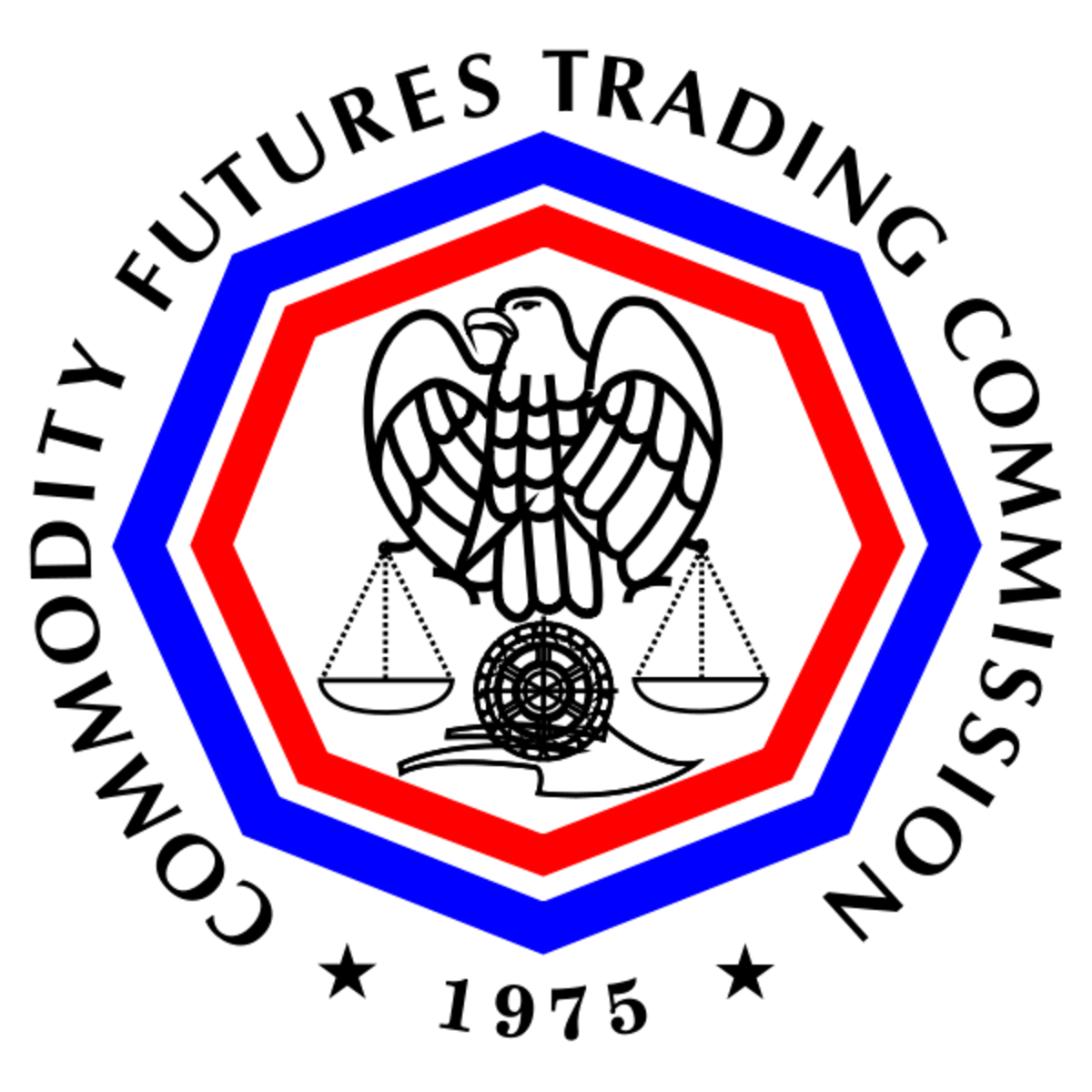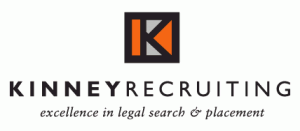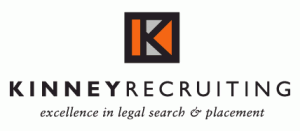(Photo by Chip Somodevilla/Getty Images)
The first presidential debate is about to start, and it strikes me that we usually put together a legally themed drinking game for these events. Honestly, this was a slog to get up the energy for this one. With everything that’s happened in the last every single minute of 2020, it almost seemed too depressing to put one of these together.
But we shall persevere because this is our job here at Above the Law. Moreover, as soon as I did take a few seconds to think about it, this is going to be one of those rare instances where the legal system is likely to garner significant attention and after historically quipping that we’d be lucky if they even mention the Supreme Court, it might well be the first question this time.
So grab a nice beer (or whatever) from the comfort of your own locked down home, take some adderall as a performance-enhancing debate drug, and let’s do this thing.
All references require a sip unless otherwise noted.
“Supreme Court”: Just limiting this to when they say the words could well be enough to put you out before the third question. Sip, um, judiciously.
Mentioning Roberts, Gorsuch, or Kavanaugh: Obviously there will be some mention of Justice Ginsburg, the legal lioness whose passing put us in this mess, but will anyone else get mentioned? The Chief, by default, is more likely than most to get a shout. Gorsuch, whose appointment violated the very rule Republicans demand the country follow today, is another obvious contender. Justice Keggy Assaultington is also a favorite to get namechecked.
Mentioning any other of the remaining Supreme Court justices (finish your drink): An Elena Kagan reference is not coming through that door, but just in case.
“Merrick Garland”: (Take your drink, put it aside, promise not to touch it until after the election, abruptly change your mind and down it all immediately because it must be finished before the election.)
Court packing: It’s been asked about already this cycle, and liberals are asking for it. Could Biden get asked about it point-blank or could Trump try to bring it up to insinuate that Biden is controlled by the pundits?
Candidate touts legal expertise: Biden mentioning his law degree or his tenure on the Judiciary Committee. Trump claiming that since Tiffany went to Georgetown, “a lot of people are saying” he’s as qualified as any other lawyer.
Specific cases from this term: DACA, the tax cases (probably now eclipsed by the release of the returns but whatever), trans rights… all options.
ACA as a subject of litigation: On a healthcare question, this kind of alcohol poisoning could land you in the ICU with no way to pay your bills because of Amy Coney Barrett. But if the ACA is mentioned in the context of the Supreme Court, it’s worth a sip.
Roe: Democrats are working hard to minimize this as a theme of the upcoming Supreme Court fight, which is interesting because reproductive rights poll incredibly well across the country. Apparently not in states they see as battlegrounds though. Still, between Chris Wallace’s moderation and Trump’s adoration for his base at the expense of actual suburban swing voters,one imagines the decision will receive air time.
Michael Flynn: Flynn’s hearing today was bonkers. Is Trump going to clutch Flynn’s admittedly unlawful tunic to his breast? For that matter, take a sip the first time any of Trump’s now convicted fellow travelers gets namechecked: Paul Manafort, Michael Cohen, Roger Stone, etc.
Pardons: Piggybacking off the last one, will someone ask him point blank if he plans to pardon a sophisticated, well-represented defendant who swore under oath that he committed a crime… twice. Or will he get a softball about helping Kim Kardashian pardon some people who then didn’t deserve to be turned into political props? Will he pardon himself for tax evasion?
Anyone asks, “Hey, where’s Kanye?”: Double if Trump declares that it’s “very unfair” how state election boards are treating West.
Crime Bill: Biden’s involvement with the infamous Crime Bill was even more pronounced than Hillary’s. It’s not shocking to think Trump tries to use it to posture himself as the one commuting the sentences of the people Biden helped harm with that law.
Emoluments: I’ve looked back at a lot of Biden debate performances over the years and he has a history of dredging up talking points that have gone out of the public consciousness. It’s like when grandpa talks about the Brooklyn Dodgers out of nowhere. Remember 2016, when this was the Trump crime everyone talked about? We were all so young then.
Florida 2000: Since Trump is being conned into thinking this Supreme Court pick is about avoiding election chaos and it feeds his “don’t trust elections” messaging this moment might sneak its way into the discussion.
A DOJ case without any details: Bill Barr got caught talking about a case involving 1,700 fake ballots that never happened. Then he gave Trump the go ahead to leak about a Pennsylvania discarded ballot case that seems bad but ultimately inconsequential. What case of dubious credibility comes up next?
Anarchy (finish your drink and put on Howling at the Moon by the Ramones because there’s “no law, no law anymore”): Any reference to anarchy or anarchist jurisdiction — the fever dream of the Barr Justice Department designed to strip New York, Portland, and Seattle of public school funds deserves some recognition. Double shot if this is met with a question about how any of this jives with states’ rights.
FBI: James Comey was fired, Trump still complains about former director Bob Mueller, and he’s reportedly considering firing Christopher Wray. If anything about the FBI is mentioned, up to and including the whereabouts of Samantha Mulder you should drink.
Alan Dershowitz (take off everything but your underwear and drink): We’ll see if Trump’s favorite legal scholar is cited approvingly.
Amendments (see description): Shots corresponding with the number of the amendment when mentioned. In other words, one shot for the First Amendment, Two shots for the Second Amendment, etc. God help us if Trump muses about Biden’s health and the Twenty-Fifth.
Enjoy your Twenty-First Amendment rights tonight!
 Joe Patrice is a senior editor at Above the Law and co-host of Thinking Like A Lawyer. Feel free to email any tips, questions, or comments. Follow him on Twitter if you’re interested in law, politics, and a healthy dose of college sports news. Joe also serves as a Managing Director at RPN Executive Search.
Joe Patrice is a senior editor at Above the Law and co-host of Thinking Like A Lawyer. Feel free to email any tips, questions, or comments. Follow him on Twitter if you’re interested in law, politics, and a healthy dose of college sports news. Joe also serves as a Managing Director at RPN Executive Search.
 Staci Zaretsky is a senior editor at Above the Law, where she’s worked since 2011. She’d love to hear from you, so please feel free to email her with any tips, questions, comments, or critiques. You can follow her on Twitter or connect with her on LinkedIn.
Staci Zaretsky is a senior editor at Above the Law, where she’s worked since 2011. She’d love to hear from you, so please feel free to email her with any tips, questions, comments, or critiques. You can follow her on Twitter or connect with her on LinkedIn.






 Kathryn Rubino is a Senior Editor at Above the Law, and host of
Kathryn Rubino is a Senior Editor at Above the Law, and host of 


 Jordan Rothman is a partner of
Jordan Rothman is a partner of 



